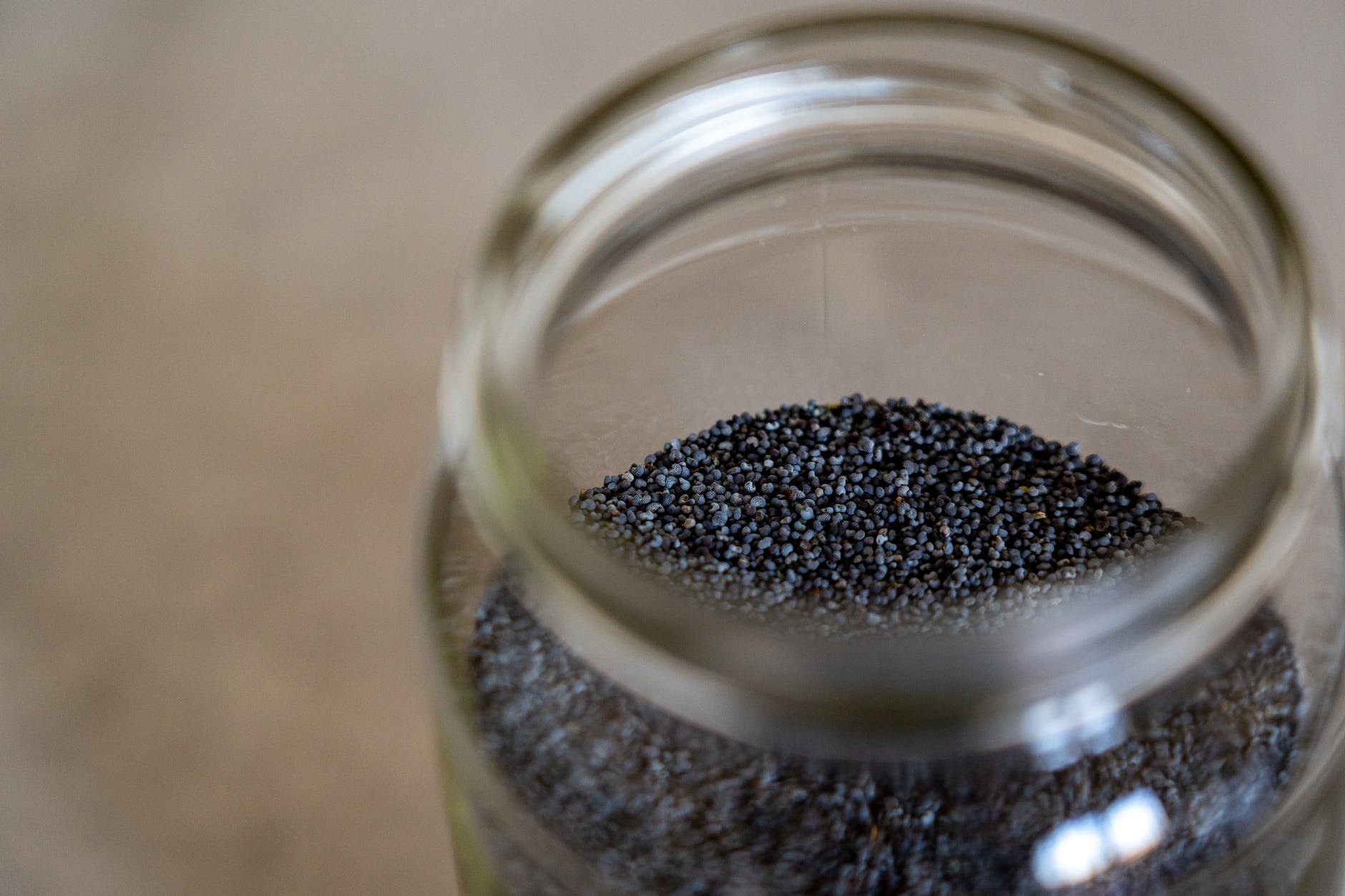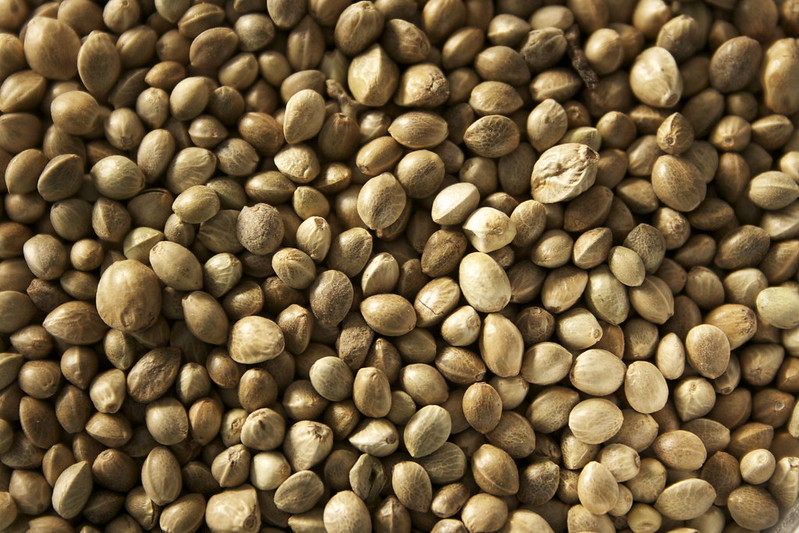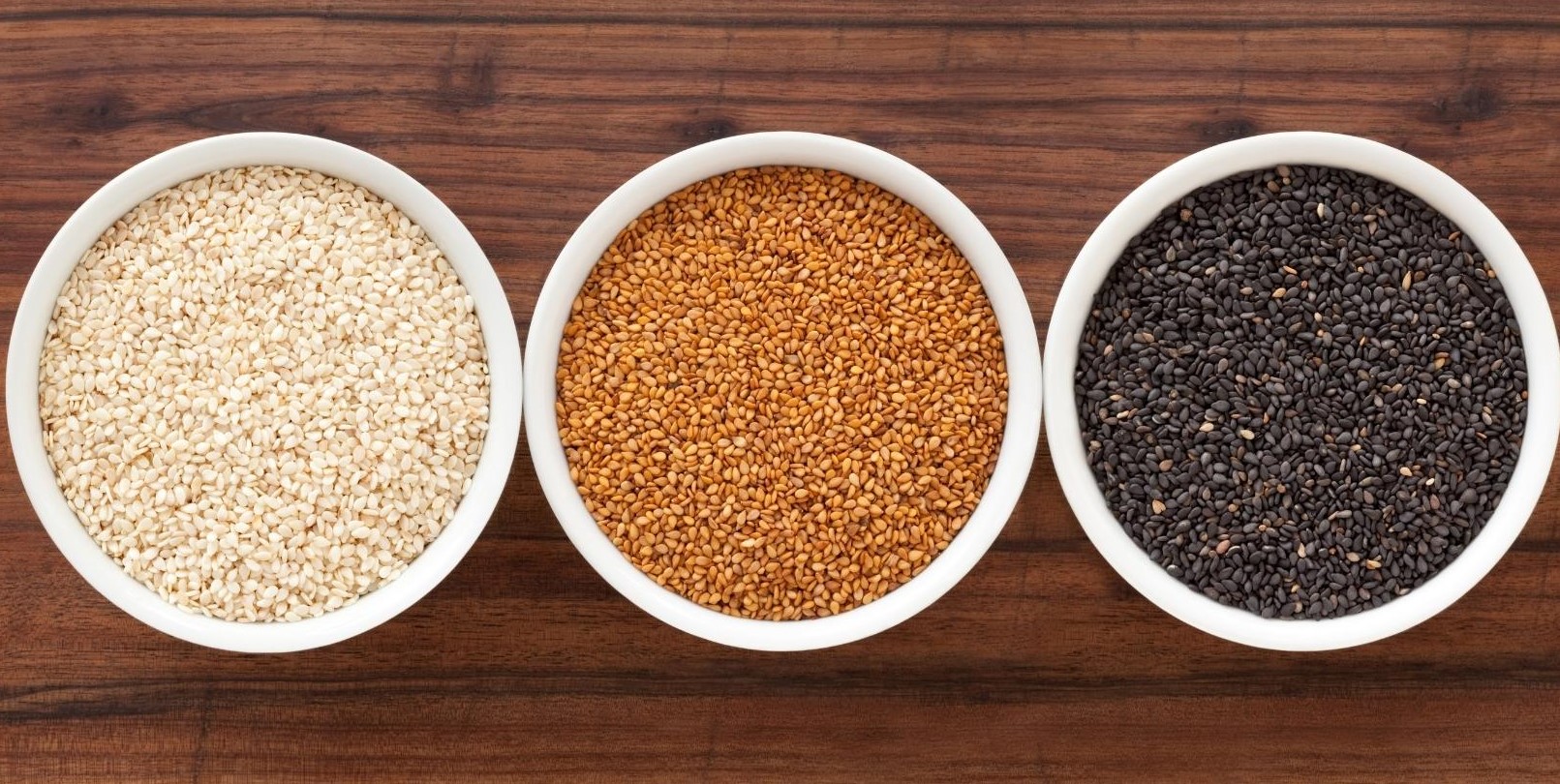Introduction: 🌻🌟 Welcome to another enlightening blog post in our series on seeds and nuts and their impact on weight loss! In this edition, we will explore the world of safflower seeds and their potential as a slimming aid. Safflower seeds, derived from the safflower plant, have gained attention for their supposed benefits for weight management. Join us as we delve into the science behind safflower seeds and their potential role in your weight loss journey.
Macros per 100g of Safflower Seeds:
| Nutrient | Amount |
|---|---|
| Calories | 513 |
| Carbohydrates | 34.5g |
| Protein | 34.5g |
| Fat | 32.5g |
| Fiber | 35.1g |
| Sugars | 2.7g |
🌻🔍 Safflower seeds, also known as “Carthamus tinctorius,” have been used for centuries for their oil and nutritional benefits. Let’s explore the potential slimming properties of safflower seeds and their impact on weight management in more detail:
- High in Protein for Satiety and Muscle Support: 🌻💪 Safflower seeds are a rich source of plant-based protein, providing all the essential amino acids. Protein plays a crucial role in weight management by promoting satiety, reducing appetite, and supporting muscle growth and maintenance. The 34.5g of protein per 100g of safflower seeds can contribute to a balanced diet for weight loss and help preserve lean muscle mass.
- Rich in Dietary Fiber for Digestive Health: 🌻🌾 Safflower seeds are packed with dietary fiber, which aids in digestion and supports weight management. The high fiber content, with 35.1g per 100g, promotes a feeling of fullness, reduces overeating, and helps regulate bowel movements. Including safflower seeds in your diet can support a healthy digestive system and contribute to your weight loss efforts.
- Healthy Fats for Satiety and Nutrient Absorption: 🌻💧 Safflower seeds contain a significant amount of healthy fats, primarily monounsaturated and polyunsaturated fats. These fats contribute to satiety, helping you feel full and satisfied after a meal. Healthy fats also aid in the absorption of fat-soluble vitamins, such as vitamins A, D, E, and K, which are essential for overall health and well-being.
- Potential Metabolic Benefits: 🌻⚡ Some studies suggest that safflower seeds, particularly their oil, may have metabolic benefits that could support weight loss. Certain compounds in safflower seeds, such as conjugated linoleic acid (CLA), have been associated with increased fat oxidation, improved insulin sensitivity, and reduced body fat. However, more research is needed to fully understand the impact of safflower seeds on metabolism and weight management.
- Nutrient Profile and Antioxidant Properties: 🌻🌿 Safflower seeds are a good source of various essential nutrients, including vitamin E, magnesium, potassium, and iron. These nutrients are important for overall health and can support your weight loss journey by providing the body with the necessary fuel and supporting vital functions. Additionally, safflower seeds contain antioxidants, such as flavonoids and phenolic compounds, which can help reduce oxidative stress and inflammation in the body.
⚠️ Warnings and Considerations: 🚫 While safflower seeds show potential for weight management, it’s important to keep the following points in mind:
- Caloric Awareness and Portion Control: 🚫 Safflower seeds are calorie-dense, with 513 calories per 100g. It’s crucial to consume them in moderation and be mindful of portion sizes. Including safflower seeds as part of a balanced diet and considering your overall calorie intake is key to effective weight management.
- Allergies and Sensitivities: 🚫 Some individuals may have allergies or sensitivities to safflower seeds. If you have known allergies to seeds or plants in the Asteraceae/Compositae family, such as ragweed, marigold, or daisy, it’s important to exercise caution and consult with a healthcare professional before incorporating safflower seeds into your diet.
- Interactions with Medications and Medical Conditions: 🚫 Safflower seeds may interact with certain medications or medical conditions. If you have any underlying medical conditions or are taking medications, especially blood-thinning medications, it’s advisable to consult with a healthcare professional before incorporating safflower seeds into your diet to ensure it is safe and appropriate for you.
💡 Recipe Ideas: Now, let’s explore some delicious and creative ways to incorporate safflower seeds into your weight loss journey:
- Safflower Seed and Vegetable Stir-Fry: 🍲🌻 In a pan, sauté a mix of colorful vegetables like bell peppers, broccoli, carrots, and snap peas in a small amount of safflower oil. Add safflower seeds, soy sauce or tamari, minced garlic, and ginger. Stir-fry until the vegetables are tender-crisp and sprinkle with chopped cilantro or green onions. Serve as a nutritious and filling meal option.
- Safflower Seed Trail Mix: 🍿🌻 Combine safflower seeds with a variety of unsalted nuts, dried fruits, and a hint of dark chocolate for a wholesome and satisfying trail mix. Portion out small servings to enjoy as a convenient and energizing snack throughout the day.
- Safflower Seed Salad Topper: 🥗🌻 Toast safflower seeds lightly in a dry pan until fragrant and golden. Let them cool and use them as a crunchy and nutrient-packed topping for salads. Sprinkle the toasted seeds over mixed greens, cherry tomatoes, cucumbers, and your favorite dressing for added texture and flavor.
- Safflower Seed Energy Bars: 🍫🌻 In a food processor, blend dates, safflower seeds, almond butter, honey, and a dash of cinnamon until the mixture comes together. Press the mixture into a lined baking dish and refrigerate until firm. Cut into bars for a homemade and nourishing energy-boosting snack.
- Safflower Seed-Crusted Baked Fish: 🐟🌻 Combine ground safflower seeds with herbs, spices, and a touch of lemon zest. Coat fish fillets with a thin layer of Dijon mustard, then press the safflower seed mixture onto the fish. Bake until the fish is cooked through and the crust is golden and crispy. Serve with a side of steamed vegetables or a fresh salad for a satisfying and protein-rich meal.
🌟 Conclusion: 🌻✨ Safflower seeds offer a range of potential benefits for weight management, thanks to their protein content, dietary fiber, healthy fats, and nutrient profile. However, it’s important to consume them in moderation, be mindful of portion sizes, and consider any allergies or sensitivities. Enjoy safflower seeds as part of a balanced diet, and let their nutritional properties support your weight loss efforts.













